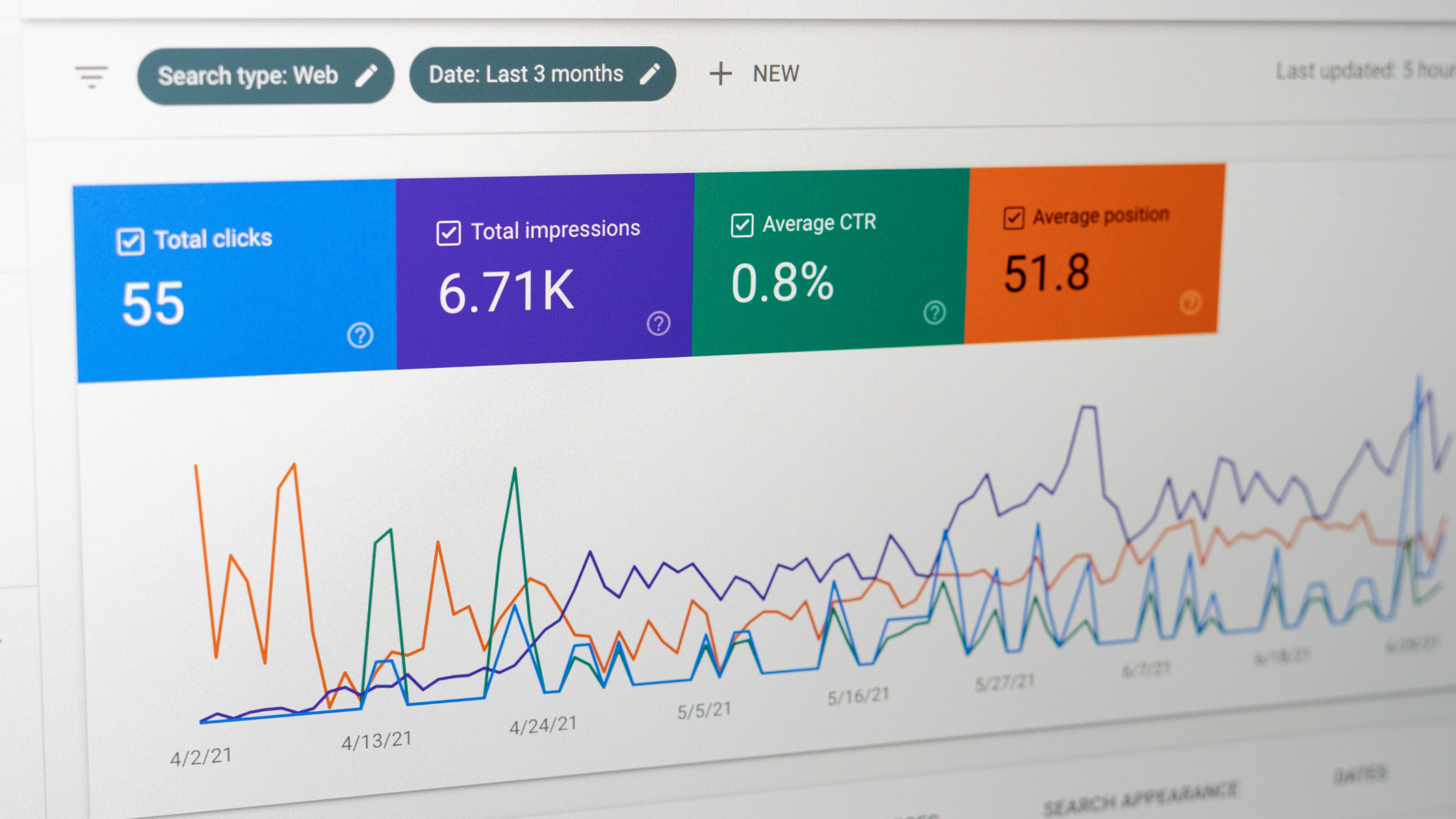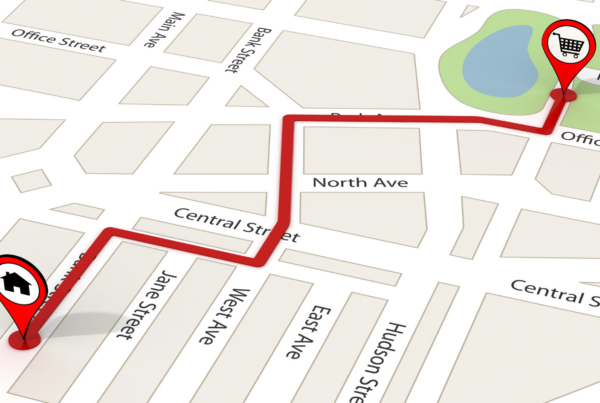There’s no shortage of numbers in SEO. But not all of them matter and too many businesses are tracking vanity metrics that don’t move the needle.
The truth? SEO only works when it’s aligned with your business goals — not when reporting for the sake of reporting.
Here, we break down the SEO metrics that matter, the ones that don’t, and how to cut through the noise to measure what truly drives performance.
Article Contents
Why Tracking the Right SEO Metrics Matters
You can rank #1 on Google and still not make a single sale. You can double your traffic and see no difference in leads. SEO isn’t just about visibility — it’s about outcomes.
That’s why reporting needs to do more than prove activity. It needs to demonstrate impact.
We believe in tracking SEO like it’s part of your sales pipeline — because it is.

The SEO Metrics That Matter
Here are the core SEO KPIs we recommend focusing on if you’re serious about growth:
1. Organic Conversions (Not Just Traffic)
The traffic is nice, and the conversions are better. SEO proves its value here, whether it’s leads, form submissions, demo bookings, or online sales.
Track:
- Goal completions in GA4 (form fills, calls, downloads)
- eCommerce revenue from organic search
- Conversion rates per landing page
Bonus: Segment by blog vs service pages to see what content drives real action.
2. Organic Traffic — to the Right Pages
Total sessions mean nothing if they’re going to low-value content. Focus on whether the right people are visiting high-intent pages.
Track:
- Traffic to key landing pages
- Entry pages with high bounce rates
- Branded vs. non-branded keyword breakdowns
3. Keyword Rankings (Grouped by Intent)
Don’t obsess over every keyword—focus on themes that match your user’s journey. Track movements across groups (awareness, consideration, purchase).
Track:
- Rankings for high-converting keywords
- Position changes for key product/service terms
- Visibility across topic clusters
4. Impressions and Click-Through Rate (CTR)
Impressions show visibility, and CTR shows relevance. A dip in clicks could mean your meta data needs rewriting, not your rankings improving.
Track:
- Google Search Console: Queries → Impressions & CTR
- CTR % changes over time for top pages
- Snippet testing (title tag tweaks vs click performance)
5. Backlink Quality (Not Quantity)
You don’t need 1,000 links. You need a handful of credible, relevant, and trustworthy ones. Think quality over scale.
Track:
- Referring domains (using Ahrefs, SEMrush, or SE Ranking)
- Authority of linking sites
- Lost/gained links month-to-month
- Links to key pages (not just your homepage)
6. Page Load Speed and Core Web Vitals
SEO is UX. A site that loads slowly or shifts on mobile will tank your rankings and frustrate users.
Track:
- Core Web Vitals in Search Console (LCP, FID, CLS)
- Mobile usability issues
- Site speed using PageSpeed Insights or GTmetrix
7. Indexed Pages and Crawl Errors
If Google can’t crawl or index your content, it doesn’t matter how good it is. Technical issues can silently sabotage your entire SEO strategy.
Track:
- Indexed vs. submitted pages
- Coverage errors in GSC (404s, server errors, duplicates)
- XML sitemap health

SEO Metrics You Can Safely Ignore (Most of the Time)
These vanity metrics waste time and look impressive but rarely help drive decisions.
Bounce Rate
Too many people read bounce rates out of context. A user might bounce because they found the answer. What matters more? Dwell time and conversions.
Domain Authority / Domain Rating
Moz DA, Ahrefs DR… they’re helpful directional metrics, but Google doesn’t use them. Don’t obsess over them. Focus on link quality and relevance.
Total Number of Keywords
More keywords ≠ , more value. You want to rank for intent-matching queries — not just volume. Some 10-visit keywords convert better than 10,000-visit ones.
Page Views or Time on Site (Without Context)
These are only useful when tied to a specific goal. More time on site might mean engagement or confusion, so pair it with conversion data to get the whole picture.
SEO Should Be a Business Metric, Not Just a Marketing One
If your SEO reporting isn’t helping you make decisions, something’s broken.
The SEO metrics that matter are the ones that show movement—in visibility, leads, and sales. Everything else is background noise.
Whether you’re doing SEO in-house, with an agency, or just getting started, focus on the data that proves impact — and ignore the fluff.
Want SEO That Moves the Needle?
We help businesses track what matters, fix what’s broken, and build visibility that drives growth. Contact us today to discuss your SEO reporting.




